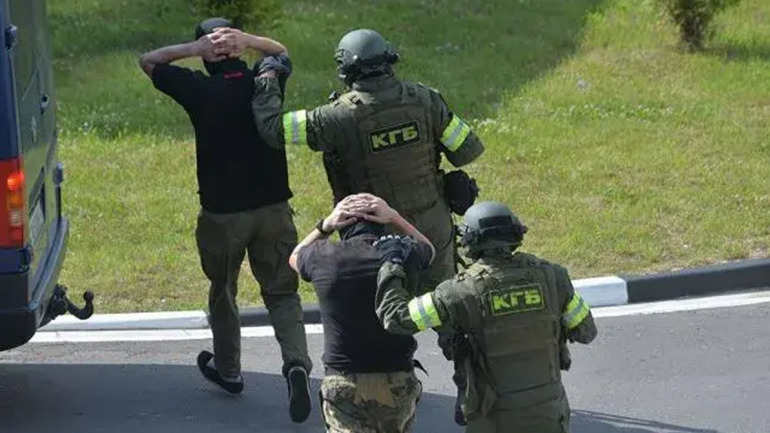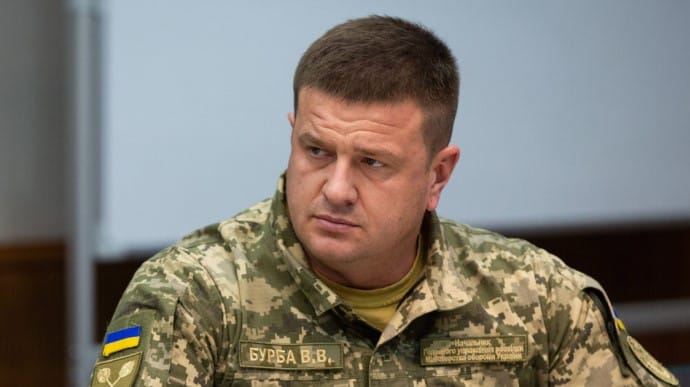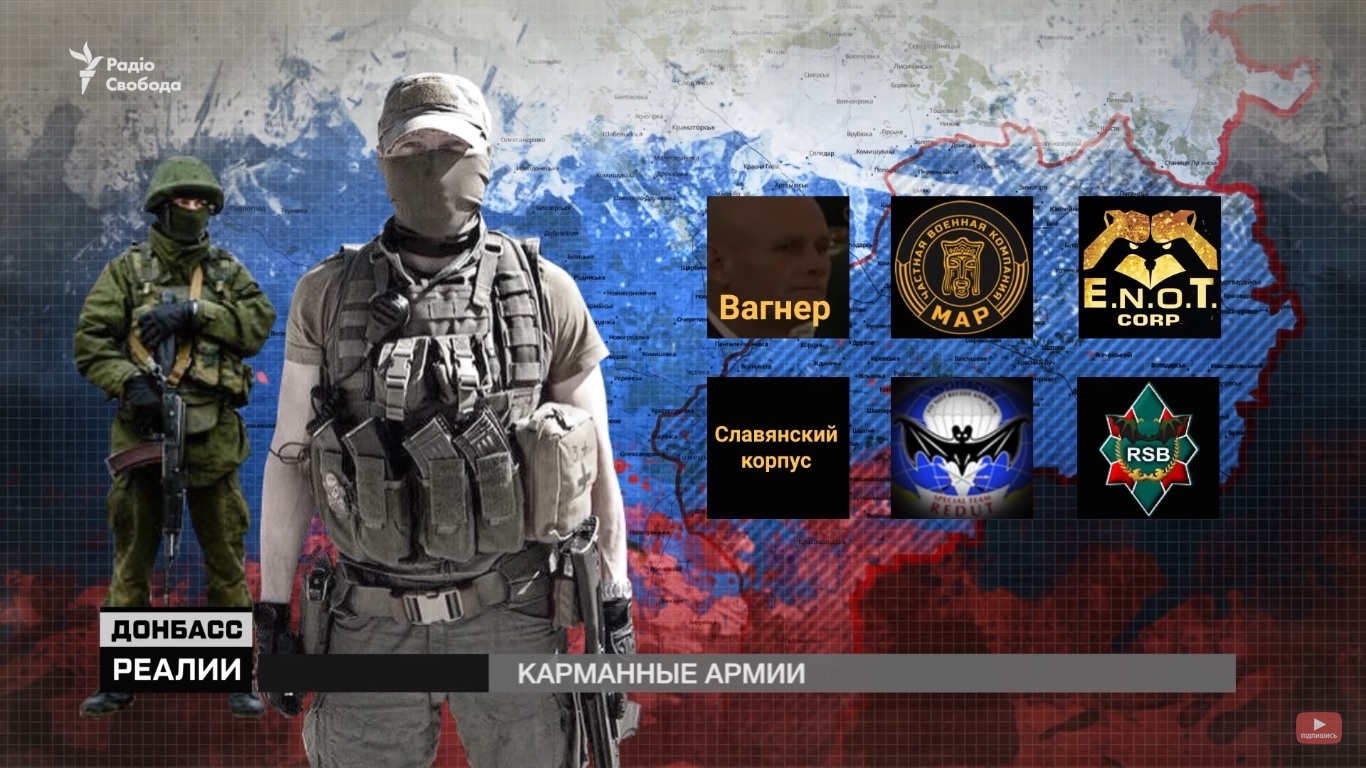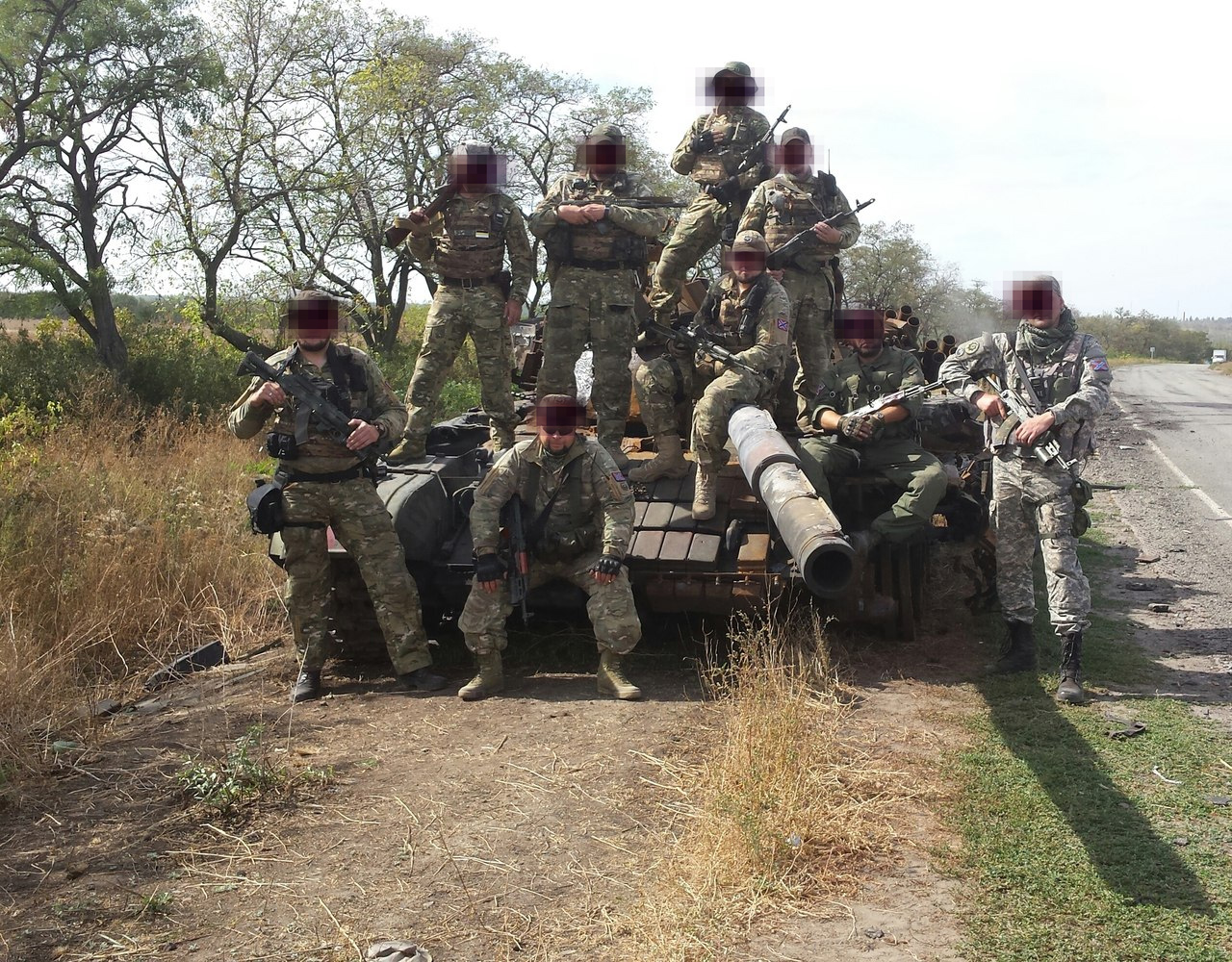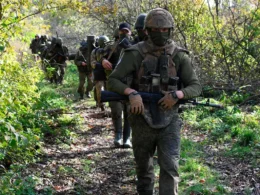In late July 2020, Belarusian state-run media Belta reported on the arrest of 33 private military contractors of the Russian PMC Wagner. According to Belta, those were part of a larger group of some 200 fighters present in Belarus for destabilization of the situation during the upcoming Belarusian presidential elections in early August 2020. The media published the list of the 33 detainees calling them all Russian nationals. Bellingcat points that a handful also had dual citizenship with Ukraine and Belarus.
Later developments showed that the detained Russian mercenaries appeared to have nothing to do with the Belarusian elections and expected Russian meddling in it, but they, unbeknownst to them, were apparently involved in a Ukrainian sting operation that had suddenly been cut short by the Belarusian special services.
"The political fallout from these events continues to be felt over a year later, drawing in the last two presidents of Ukraine and much of the country’s security, military, and intelligence services," says Bellingcat.
Bellingcat has established that it really was an operation of the Ukrainian special services that started as early as 2018, led by Ukraine’s military intelligence service, GUR MOU, with support of the state security service, SBU. The Russian mercenaries believed they were hired by a Russian private military company for an operation in Venezuela.
However, this was a false-flag recruitment by Ukrainian special services who were planning on organizing a forced landing of the plane carrying the mercenaries during its transit over Ukrainian airspace and capturing all of them.
The digital sleuths compiled their timeline and the context of the events based on dozens of interviews with Ukrainian participants in the sting operation and with Russian mercenaries that were to be arrested.
In their interviews, the would-be Venezuela fighters revealed to fake employers incriminating information about the crimes they claimed to have committed in Ukraine's war-torn Donbas region.
- Read also: New footage shows Russian PMC Wagner involved in crucial 2015 Debaltseve battle in Ukraine (2018)
Combatants sent in resumes that contained direct admissions and details of how Russia’s hybrid war in Ukraine had developed. pic.twitter.com/i5iRCUAz0G
— Bellingcat (@bellingcat) November 17, 2021
Bellingcat found that some mercenaries said they had arrived in the Donbas in 2014 “under the cover of rebels,” others had said their presence in the east of Ukraine was the direct deployment of Russia's regular army units. They also provided names of commanding officers and photos of their medals awarded by the Kremlin.
According to Bellingcat, Ukrainian political leadership saw this plan in June 2020 and approved it in early July.
One reason for the delay could be that President Volodymyr Zelenskyy had just reached an agreement with Russia for a ceasefire in the Donbas, and the operation could lead to a breakdown of the agreement, former GUR MOU operatives told Bellingcat.
But another version was also voiced by operatives interviewed by Bellingcat: allegedly, the operation could have been blown due to the prejudiced attitude of the President of Ukraine and his staff towards the then head of the Ukrainian intelligence service Vasyl Burba.
Two days later Belarus detained all the mercenaries who were waiting for the new date of their alleged departure to Venezuela.
Read the full report on the Bellingcat website.
Further reading:
- Ukrainian president admits special op to detain Wagner mercenaries existed, tells Ukraine was “drawn in” by other countries
- The ‘Wagner Affair’ in Belarus and its implications for Ukraine
- Wagner in Belarus: Ukrainian journalists cry treason as high officials suspected of blowing MID special op
- Belarus hands over 32 of 33 Russian Wagner mercenaries to Russia
- Russian Wagner mercenaries arrested in Belarus: ‘little green men’ scenario, fighters in transit, or other?
- Ukrainian NGO collects data on 1,500 Russian “Wagner” mercenaries in Operation Trust remake
- PMC Wagner is a unit of Russian military intelligence, mercs’ IDs show – SBU chief
- New footage shows Russian PMC Wagner involved in crucial 2015 Debaltseve battle in Ukraine
- From Donbas to Syria: investigation reveals Ukrainians fighting in Russian PMC Wagner
- Identical statues to Russia’s “Wagner” mercenaries erected in Syria, occupied Donbas
- Wagner mercenaries: what we know about Putin’s private army in Donbas

